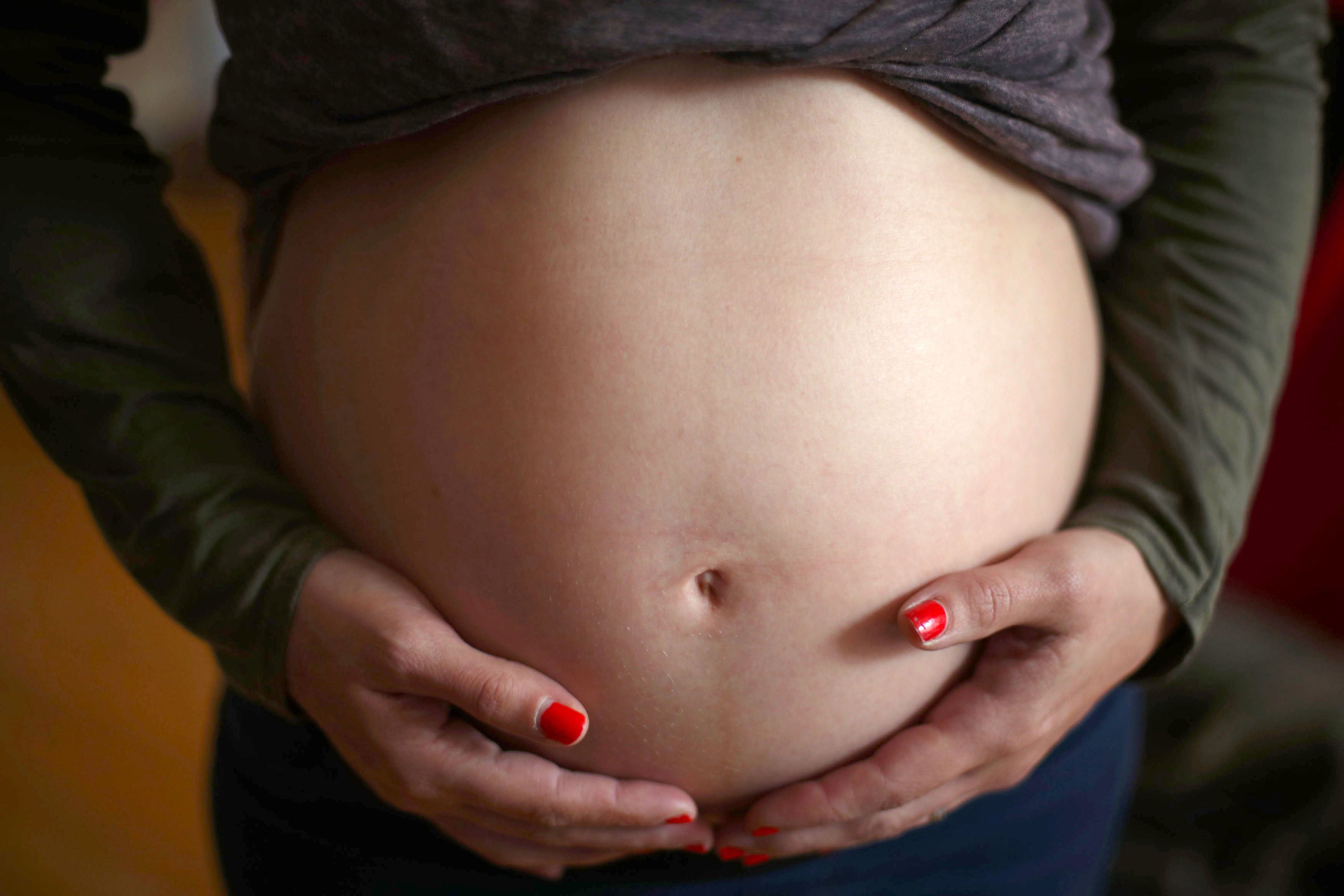Life-saving world first NHS test to rule out pre-eclampsia in pregnant women
Pre-eclampsia can be life-threatening for both pregnant women and their babies

A same-day blood test that can rule out pre-eclampsia in pregnant women is being rolled out across the NHS in England.
The new assessment is the first of its kind in the world to exclude the life-threatening condition for both pregnant women and their babies.
It is hoped the same-day result will reassure thousands of pregnant women every year, avoid the need for lengthy hospital stays and free up clinics and staff workload.
The test - known as placental growth factor (PLGF) testing - is already being used in three quarters of maternity units in England.
Pre-eclampsia, which usually occurs later in pregnancy, can be life-threatening for both pregnant women and their babies. Early symptoms include high blood pressure and a certain protein in the mother’s urine.
Currently 65,000 expectant mothers a year are admitted to hospital for up to three days to be monitored for the condition, NHS England said.
The testing will be available across all of England within the next two years, the organisation added.
NHS clinical director for maternity and women‘s health Matthew Jolly said: “Pre-eclampsia is a life-threatening condition for both mum and baby if left untreated and this is why the NHS takes every precaution possible when soon-to-be mums have some of the early signs, like high blood pressure.
“This new way of testing means we can rule out the condition in a much quicker and easier way - it removes the stress that comes with the uncertainty around not having a diagnosis and will reassure thousands of pregnant women every year.”
Professor Jenny Myers of Obstetrics and Maternal Medicine at The University of Manchester, and a Consultant Obstetrician at Saint Mary’s Hospital of Manchester University NHS Foundation Trust said:“I’m a real advocate for the test as it makes such a big difference to women. It transforms care in lots of situations.
“In terms of ruling out pre-eclampsia, there will be lots of women that come to us with a high blood pressure reading at some point during their pregnancy and although this is a potential sign of pre-eclampsia, in many cases the woman isn’t developing pre-eclampsia.
“If the PLGF-based test is normal, then we can be confident that pre-eclampsia is not developing over the next 7-14 days and we can safely let that woman go back to her routine antenatal surveillance. Most importantly we can reassure her that everything is looking fine.”
Additional reporting by PA
Join our commenting forum
Join thought-provoking conversations, follow other Independent readers and see their replies
Comments
Bookmark popover
Removed from bookmarks